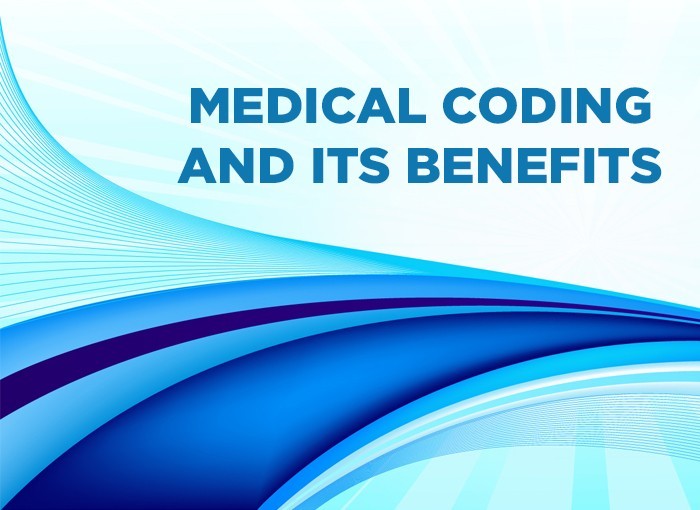What is medical coding and how is it beneficial to hospitals?
Medical coding is certainly one of the most important aspects of medical billing. The translation of healthcare diagnosis, procedures, and medical services into universal medical alphanumeric codes in medical billing is simply known as medical coding. For doctors, physicians, hospitals, and other healthcare professionals, medical coding can be considered as a vital element in revenue cycle management. It is directly tied in with the process of medical billing which has a crucial role in health insurance or medical claim and thus revenue cycle. This article will talk about medical coding in detail including its purpose and how it is beneficial for hospitals! Let’s begin with knowing the entire definition of medical coding.
What exactly is Medical Coding and its Purpose?
As briefly mentioned earlier, turning medical services, procedures, healthcare diagnosis, and equipment into a set of universal medical alphanumeric codes is medical coding. The professionals who are assigned to do this job are called medical coders. Medical coding professionals ensure that correct codes are applied during the medical billing process.
Healthcare professionals either hire medical coders or outsource medical coding and billing services to keep the entire billing and insurance claim submission process accurate and smooth that eventually helps them improve their revenue. Medical coding not only simplifies medical records but allows healthcare professionals to perform efficient analysis to track the health records of patients as well. It also helps patients understand their medical bills.
The purpose of the entire system of medical coding is to create convenience for the patients and the healthcare industry both and it has been successfully doing that for many years now. Here are some common types of medical codes that are frequently used by medical coding professionals:
- ICD Codes – International Classification of Diseases, or ICD codes. It’s published and managed by the World Health Organization (WHO). The set of codes is currently in its 10th revision i.e. ICD-10 and will be replaced by ICD-11 next year in 2022.
- CPT Codes – Current Procedure Terminology, or CPT codes. This set of codes is developed by the Centre for Medicare and Medicaid Studies (CMS) and maintained by the American Medical Association (AMA) and is updated annually.
- HCPS Codes – Healthcare Common Procedure Coding System, or HCPCS codes. Generally pronounced as “hick picks,” HCPS are a set of codes based on CPT codes. This set of codes is also developed by CMS and maintained by AMA.
How Medical Coding benefits hospitals?
Hospitals either hire medical coders in-house or outsource medical coding and billing services. Usually, outsourcing these services is a common trend as it does not just save a lot of in-house costs but allows hospitals to focus on their core task that is patient care. Let’s take a look at some of the benefits to understand how medical coding is useful for hospitals.
- Saves cost – One of the major benefits that hospitals reap from medical coding is huge cost savings if outsourced. It allows hospitals to reduce office and employee expenses. As hospitals require a mammoth amount of medical coding due to a large number of patients visiting them every day, recruiting a team of medical coding professionals may cost a lot more than outsourcing it.
- Improves accuracy – Medical billing is not supposed to go wrong at any cost, especially medical codes. Hospitals who either have a team of medical coding professionals in-house or outsourced, register better accuracy in terms of the correct use of medical codes as per the diagnosis or treatment provided to the patient. Using correct codes ensures an improved claim submission process and thus an improved revenue cycle.
- Focus on core – The primary duty of hospitals and other healthcare service providers is patient care. However, the complex process of medical coding and billing may not allow hospitals to focus on their primary responsibility. Outsourcing medical coding services allows them to focus on what actually matters!
- Data Security – Medical coders handle crucial information pertaining to the patients’ diagnosis or treatment. When handled by medical coding professionals, hospitals stay assured that patient data is secured and correctly coded, and documented.
- Patient satisfaction – Medical coding simplifies medical bills which makes patients understand their bills easily. It does not just increase the list of satisfied patients for hospitals but revenue also as patients are likely to pay quickly when they understand what exactly they are paying for!




